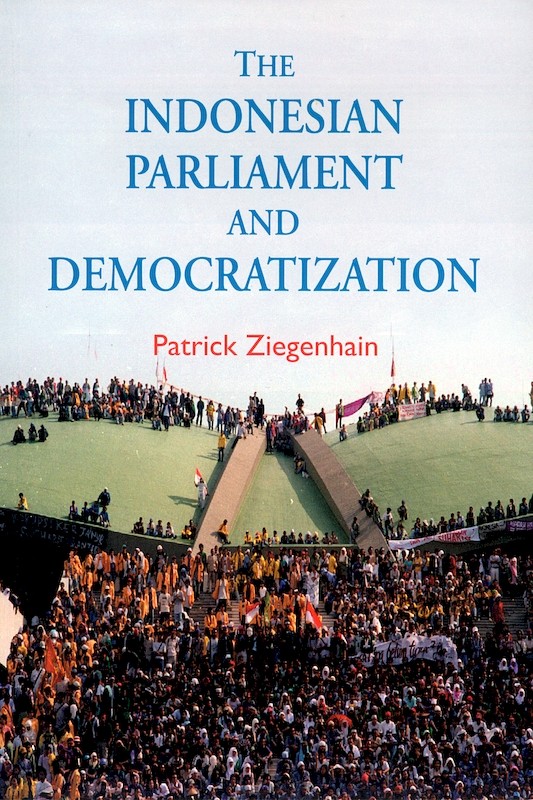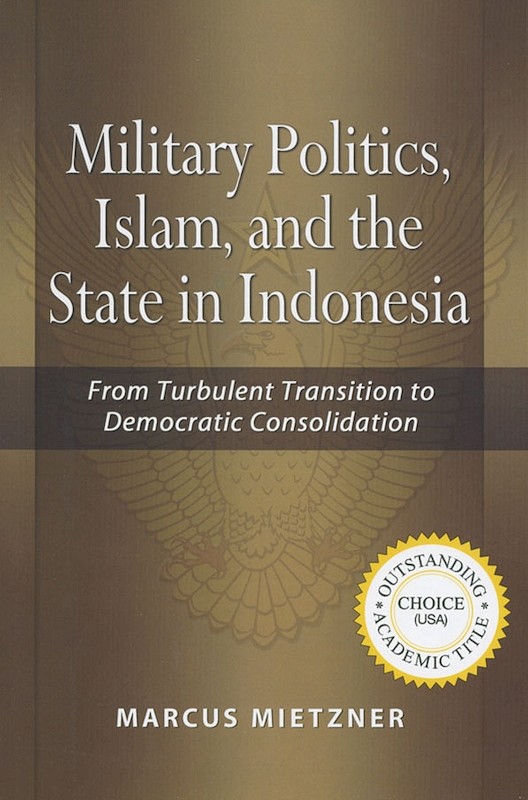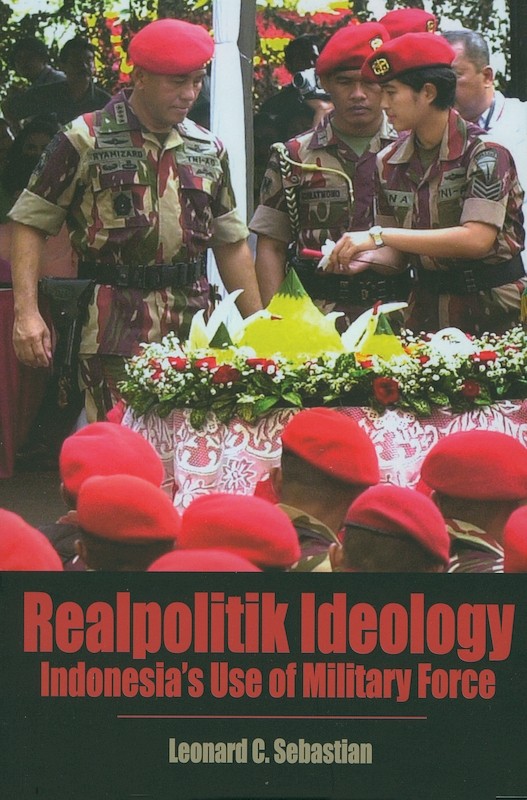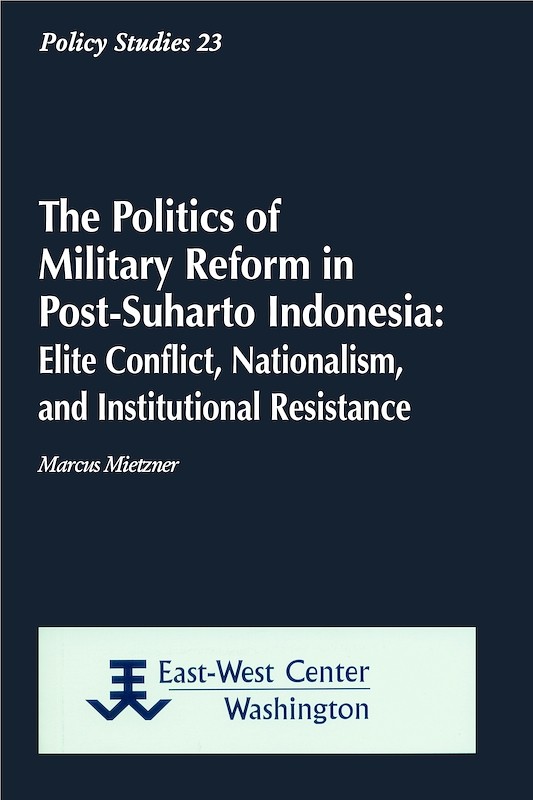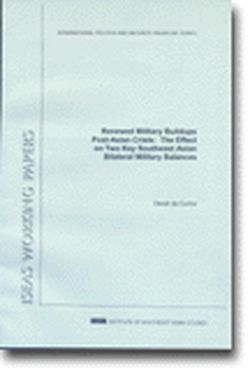The Indonesian Military after the New Order
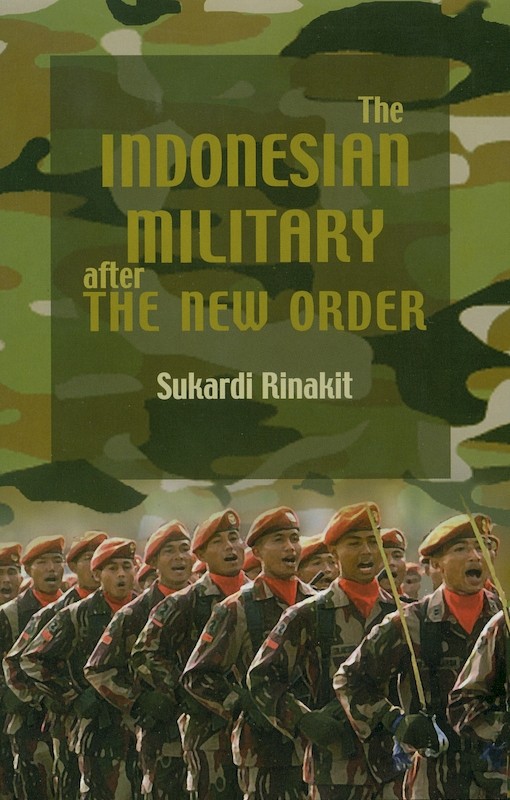
Reviews
"With the return of democracy in 1998, Indonesians could resume writing about their military history analytically, rather than through the lens of some Orwellian ideology. Sukardi Rinakit had the advantage of working within the state bureaucracy as a ministerial speech writer in the key ministries of defence and home affairs. In researching the book he was able to interview some of the key actors in Indonesia's democratic transition, as well as former President Soeharto. The book focuses on the Indonesian military's role in securing the soeharto regime and in the transition to democracy" (Bulletin of Indonesian Economic Studies).
"Sukardi's book is welcome because it provides another re-examination of the evolving phenomenon that is the Indonesian military, advancing an interesting thesis concerning its adjustment to the new political circumstances. Essentially Sukardi argues that the military has returned to a former operational paradigm, the so-called 'Middle Way' associated with General Nasution, because this paradigm better accommodates fulfilment of the military's goal to retain (or regain) its central (though now less dominant) socio-political role (p.213). Sukardi's book also provides a useful update of the military's engagement with political events in the first years since the overthrow of Soeharto. It also includes an extended treatment of military politics during the transition, in so doing providing another account of the transition itself, a key event, of course, in Indonesia's recent history" (Pacific Affairs).
About the publication
Co-publication: Institute of Southeast Asian Studies/Nordic Institute of Asian Studies
ISEAS/NIAS

